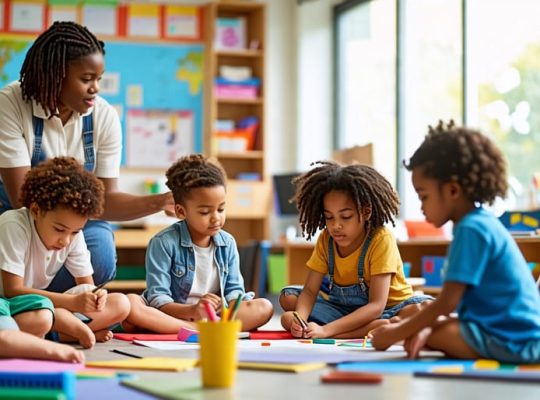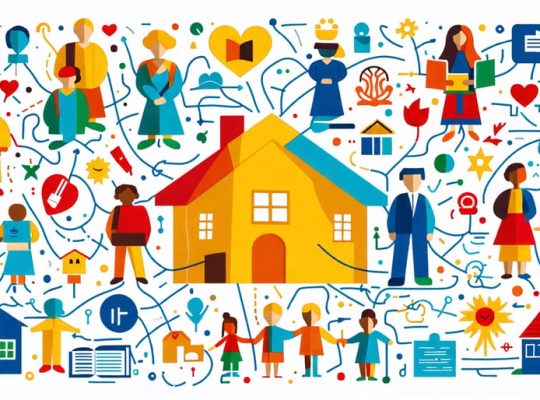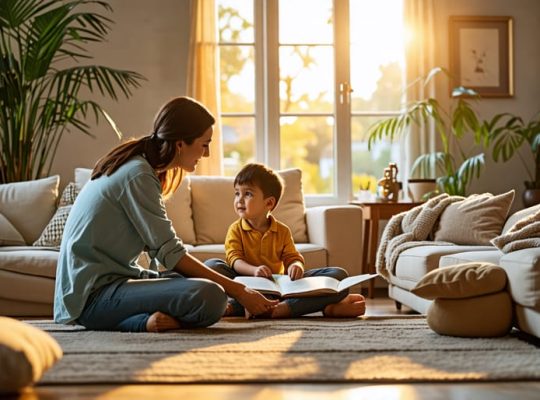7 Simple Mindfulness Habits to Help Students Reduce Stress and Improve Focus
Take a few deep breaths, focusing on the sensation of air moving in and out of your lungs. This simple practice can help calm anxiety in students by shifting attention to the present moment. Practice mindful eating by savoring each bite, noticing the flavors, textures, and aromas of your food. This can reduce stress and foster a healthier relationship with meals. Incorporate a brief body scan meditation into your daily routine, systematically bringing awareness to each part of your body and releasing tension. By…










